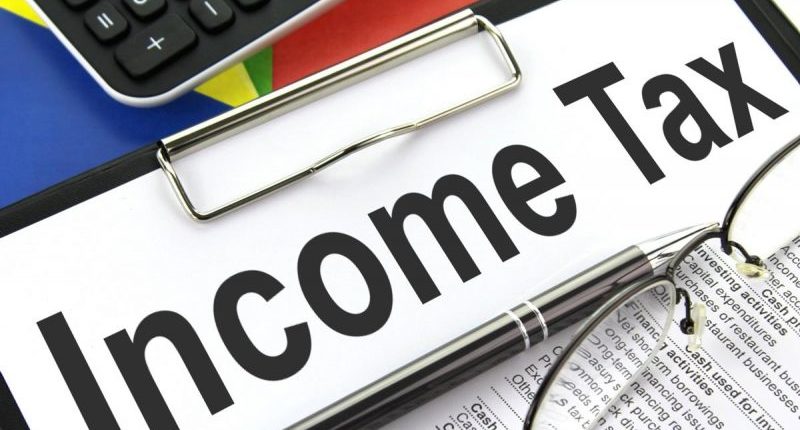Under the Union Budget 2020, the government has proposed a new optional personal income tax regime and has announced a plethora of measures to revive the economic growth of the country. The FM is of the view that this budget will boost the income and consuming power of the individuals in the coming financial year.
Individuals and Hindu Undivided Family (HUF) opting to follow the new income tax regime, will have to pay tax according to the following tax slabs from FY 2020-21 onwards:
| Taxable Income Slabs | Tax Rates |
| Up to Rs 2.5 lakh | NIL |
| Rs 2.5 lakh to Rs 5 lakh | 5% (a tax rebate under Section 87A is allowed) |
| Rs 5 lakh to Rs 7.5 lakh | 10% |
| Rs 7.5 lakh to Rs 10 lakh | 15% |
| Rs 10 lakh to Rs 12.5 lakh | 20% |
| Rs 12.5 lakh to Rs 15 lakh | 25% |
| Rs 15 lakh and above | 30% |
Individuals choosing to follow the new income tax slabs will have to forego certain deductions and exemptions which they were entitled to under the old tax regime. They will not be allowed to claim exemptions like house rent allowance, leave travel allowance, allowances granted by the employer to meet expenses incurred in the course of employment and certain other special allowances under the optional new regime is chosen.
Furthermore, they cannot avail deductions such as interest on housing loan for a self-occupied property; deductions for tax-saving investments made in LIC, PPF, NSC, and mutual funds; or repayments of the principal portion of the housing loan or children’s tuition fees.
The income tax department has recently released a memorandum with a list of deductions and exemptions disallowed under the new tax regime. Taking the memorandum into consideration, an individual will have to forgo the following deductions and exemptions:
- Leave travel allowance under Section 10(13)
- House rent allowance under Section 10(14)
- Some of the allowances provided under Section 10(14)
- Standard deduction, the deduction for entertainment allowance and professional tax under Section 16
- Interest under Section 24 with respect to self-occupied or vacant property referred to in Sub-Section (2) of Section 23. Moreover, loss from rented house property shall not be allowed to be set off under any other head and would be allowed to be carried forward.
- Deduction from family pension under Section 57
- Any deduction under chapter VIA (like Section 80C, 80CCC, 80CCD, 80D, 80DD, 80DDB, 80E, 80EE, 80EEA, 80EEB, 80G, 80GG, 80GGA, 80GGC, 80IA, 80-IAB, 80-IAC, 80-IB, 80-IBA, and so on
Also Read: Budget 2020: Updated Income Tax Slabs You Need to Know
However, deduction under Section 80CCD(2) (employer’s contribution on account of the employee in notified pension scheme) and Section 80JJAA (for new employment) can be claimed.
Also, there are some allowances provided in Section 10(14) that an individual or HUF can claim while choosing the new tax regime:
- Transport Allowance granted to a divyang (disabled) employee to meet the expenditure for the purpose of commuting between place of residence and place of duty
- Conveyance Allowance granted to meet the expenditure on conveyance in performance of duties of an office;
- Any Allowance granted to meet the cost of travel on tour or on transfer;
- Daily Allowance to meet the ordinary daily charges incurred by an employee on account of absence from his normal place of duty.
To understand the impact of the new tax regime on your income for FY 2020-21, you can read here.
For any clarifications/feedback on the topic, please contact the writer at komal.chawla@cleartax.in.
I am an aspiring Chartered Accountant. I spend most of my free time dredging through the various Indian finance subreddits. I am a semi-professional bowler with a high strike rate every time there is a new tax reform!





